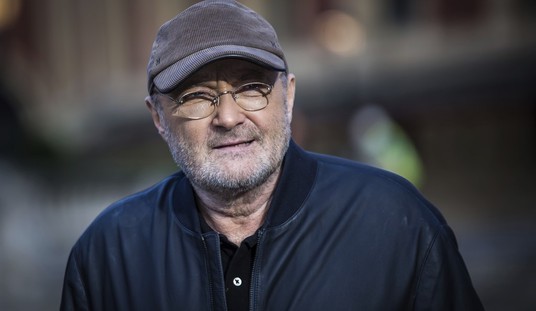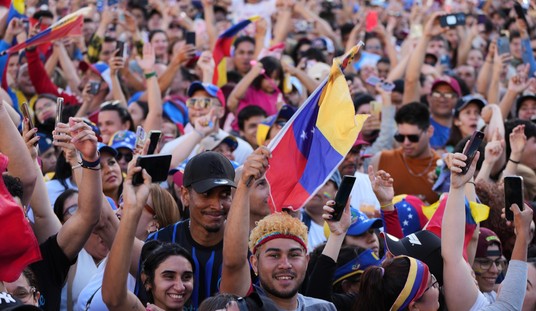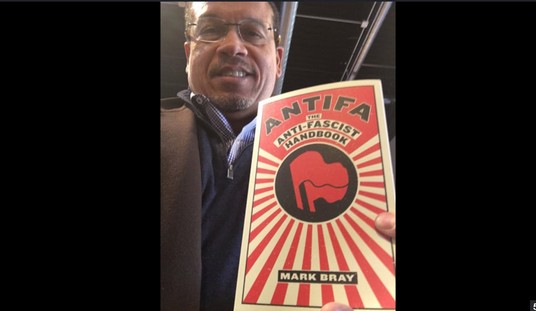Dëvar Torah – Parashath Qorach (Numbers XVI, 1 — XVIII, 32)
As the Ramban notes in his comments at the beginning of our parasha, in the wake of the catastrophic revolt of the mëraggëlim comes yet another. This time, Qorach ben Yitzhar ben Qëhath ben Lévi “took himself to one side,” as Rashi puts it, following the Midrash Tanchuma, and created a controversy.
Rashi (again, following the Tanchuma) tells us what the point of this dispute was: as we see in Exodus VI, 18, Qëhath ben Lévi had four sons, ‘Amram, Yitzhar, Chevron, and ‘Uzzi’él. ‘Amram’s two sons were, of course, Aharon and Moshe (ibid., 20). On the basis of their being the sons of Qëhath’s oldest son, Qorach was willing to accept that Moshe and Aharon had been elevated to greatness, as the “king” and kohén gadol, respectively. However, as the eldest son of the next in line, Yitzhar, Qorach expected the leadership of the bënei Qëhath to fall to him. Instead, Elitzafan ben ‘Uzzi’él., the youngest of the four sons, was named (cf. Numbers III, 30). Qorach felt cheated.
In reaction, Qorach (who must have been rather a charismatic figure) gathered around him first Dathan and Aviram, sons of Eli’av, and On ben Peleth, all of the tribe of Rë’uvén, and eventually another 250 nësi’ei ‘éda, qëri’ei mo‘ed anshei shém (ibid., XVI, 2). The Talmud (Sanhedrin 109b) clarifies the meaning of these terms: they were not the nësi’im, but men of their caliber, “unique in the community,” i.e. “exalted (the root meaning of nësi’im) over the rest of Israel in various degrees in Torah and wisdom.” As the great commentator Maharsha ad loc. puts it, they were knowledgeable in the intricacies of calendrical calculations (one of the most difficult Torah subjects) and so justly renowned.
Rashi himself characterizes these men as “worthy to be members of the Sanhedrin,” and tells us that, like the three malcontents mentioned above by name, they were primarily from the tribe of Rë’uvén, whose camp bordered on that of the bënei Yitzhar.
If the nature of the dispute was as Rashi and the Midrash Tanchuma describe it — that it centered on Qorach’s personal bid to be head of the Qëhathi family — then we are led to wonder what led the others to involve themselves in the quarrel. What was in it for them?
To begin to answer this question, let’s examine the precise words of the challenge flung by Qorach and his followers at Moshe and Aharon. They said:
Rav lachem ki kol ha‘éda kullam qëdoshim uvëthocham Ha-Shem umaddua‘ tithnassë’u ‘al qëhal Ha-Shem?
It is too much for you, for the entire community are all of them holy and among them is Ha-Shem; why do you exalt yourselves over the congregation of Ha-Shem? (XVI, 3)
From this we can first deduce what Qorach was not. He was not a kofér ba‘iqqar, an atheist who would deny the very existence of G-d; kol ha‘éda kullam qëdoshim uvëthocham Ha-Shem umaddua‘ tithnassë’u ‘al qëhal Ha-Shem. The Talmud verifies that this was not mere hyperbole. On the same page in Sanhedrin, we find that On ben Peleth was spared from their fate by his wife’s wise counsel: On hearing him talk of taking part in the revolt, she simply asked: “What do you get out of it? Whichever of them (Moshe or Qorach) is master, you’re still a pupil.” On replied that he had already sworn to join them, whereupon she got him drunk so that he fell asleep, then sat near him and let her hair down, secure in the knowledge that any of Qorach’s company who came to call would retreat rather than violate her modesty. Indeed, the account concludes: “Everyone who came saw her and went back.” Thus did she hold them off until they were swallowed up.
Plainly these were no ordinary sinners. Equally plainly, their offense was immense and unforgivable. What had they done?
A clue to the true nature of the offense can be gleaned from another Talmudic passage. In Bava Bathra 74a, Rabba bar bar Chana records that he was led to the site of the incident by an Arab trader. There, he found two deep crevices in the ground through which he heard Qorach and his associates crying out, attesting, “Moshe and his Torah are truth!” From this testimony, it is clear that Qorach’s quarrel had been with “Moshe and his Torah”, i.e. the vast bulk of the Torah, 611 mitzvoth, which had been transmitted to Israel through Moshe. Qorach had been at Sinai; He had heard the first two utterances of the Decalogue along with everyone else. That Ha-Shem existed and had said them was beyond doubt. But he refused to set aside his ego and accept the appointment of Moshe as rabban shel këlal Yisra’él.
That this was the real source of his animus is suggested by the characterization of his claim against Moshe and Aharon. As we have seen, the midrash suggests that he believed in the existence of a “seniority system” under which, as next in line, he should have been appointed head of the Qëhathi family. But if he truly believed in such a system, as he claimed, he had in fact a better argument. Qëhath was Lévi’s second son; why had the bëbei Gershon been completely ignored? If Israel’s leadership was to come from Lévi and seniority played a rôle, then the “king” and “high priest” should have arisen from Gershon’s sons. But this logic would then have left the leadership of Qëhath in Aharon’s hands, and Qorach again would have been left out. Qorach’s “seniority system” was a bluff, to satisfy his ego.
The Midrash Tanchuma confirms the above diagnosis: When Qorach confronted Moshe, the issue was always some detail of one of those 611 mitzvoth. Did a garment which was dyed entirely sky-blue still require a thread of that color in its tzitziyoth (cf. Numbers XV, 38)? Did a house filled with sifrei Torah require a mezuza, which contains only a few verses? When Moshe replied in the affirmative, he was ridiculed and accused of making things up.
So we see that the controversy involved more than Qorach’s personal status; it remains to be seen how he roped the other 250 men into his conspiracy.
Yet another clue to the nature of the offense lies in its connection to qëtoreth (“incense”), the instrument of their downfall. The bringing of qëtoreth, as we learn in Zëvachim 88a, atones for lëshon hara‘.
The first verse of our parasha opens with these words: Vayiqqach Qorach (“And Qorach took … ”). Vayiqqach is a sufficiently unusual word to signify a rebellion that the Talmudic sage Réysh Laqish felt obliged to explain shelaqach meqqch ra‘ lë‘atzmo (“that he took a bad deal for himself,” Sanhedrin, op. cit.), which the Torah Tëmima interprets to mean that he used his wealth to bribe Israel “with presents and parties which he made for them.” As next-door neighbors, the bënei Rë’uvén must have been frequent guests at these events. As the Këli Yaqar intimates, many of the bënei Rë’uvén still nursed a grudge against Ya‘aqov for having taken primogeniture from their eponymous ancestor (cf. Genesis XLIX, 3-4, Rashi ad loc.). Qorach cultivated that grudge, empathizing with them, as the Këli Yaqar finds hinted in the fact that Qorach’s genealogy as recorded in the first verse extends back to Lévi, but not to Lévi’s father, Ya‘aqov. By working the ancient grudge into general resentment of authority, Qorach used it for his ends, subverting people who were fundamentally sound and turning them against Moshe and Aharon. Such is the power of nëtira (“grudge-bearing”) and lëshon hara‘!
This has meaning for our generation as well. As I said above (but it bears repeating), the ‘iqqar Torah is in fact Torath Moshe, a fact we find alluded to in the gimatriya or numerical value of the word Torah, 611. Judaism stands or falls on the concept of emunath chachamim, of our faith and trust in the gëdolei Torah, the great scholars and authorities who have guaranteed the pristine, unadulterated, accurate transmission of the Torah throughout Israel’s 33 centuries of existence and, infused with its wisdom and spirit, have led Israel with da‘ath Torah, knowledge which flows from and is infused by Torah. Moshe was the very model of a gadol baTorah and the first embodiment of da‘ath Torah.
We can no longer go out into a field to hear the testimony of Qorach and his associates; the site to which Rabba bar bar Chana was led has been forgotten with the passage of time. More’s the pity, for Qorach’s spirit still haunts us, among those who find it so hard to accept the authority of the gëdolim of our era.









Join the conversation as a VIP Member